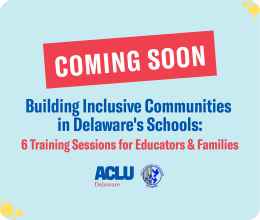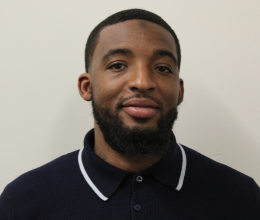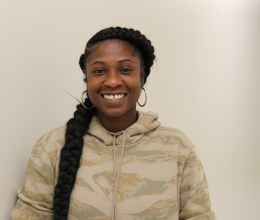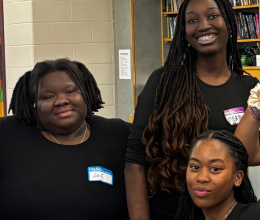Parents and Teachers Working Together: The Power Pact
Developed by Shannon Griffin, M.S.
This session supports development and strengthening of Parent-to-Teacher and Teacher-to-Parent relationships. The goal of the workshop is to provide insights that support parent and teacher participants in uniting to lead school and community-wide efforts that encourage the development of policies and practices to foster inclusive school cultures.
Prepare for this session:
- View Ted Talk by Cecile Carroll Teacher and Parent Relations the Critical Ingredient
- View Ted Talk by San Bernadino Teachers: Relationship Building
- Read Blog Post: We Need Parents as Empowered Partners in [Setting] School Discipline Policies by Ashe Jones
- Read: Parent Power: 4 Ways to Turn Parents into Forces for Change in Schools
Session Objectives:
- Examine strategies for building positive home-school and school-home relationships.
- Identify effective communications strategies.
- Explore steps for increasing parent involvement in school discipline.
A Suggested Icebreaker or Introductory Activity:
Have participants work in groups (yes, they will probably cluster by school). Task the groups with identifying and preparing to present a song that best reflects their lives as Teachers/Parents. Provide little direction beyond the fact that both/either lyrics and/or music sound may determine their choice. After each group presents, the workshop leader might provide music/lyrics (or both) to reflect their experience in facilitating the work to create positive change in schools.
Session Activities for Parents and Educators:
Guided Conversation #1: The Power Pact
- Are the new ideas about Customer Service in education useful?
- What ideas from the Learning Disability Association of Canada are useful in building good parent-teacher relations for all students?
- Why get teachers and parents on the same page?
- How meaningful is Cecile Carroll’s conclusion that the conditions under which teachers work are the conditions under which children are expected to learn?
- What determines a helpful conversation between parents and teachers?
- Respect
- Perspective
- Absence of judgement
- Are telephone calls helpful?
- Tone
- Frequency
- Message—the good, the bad, the ugly
- Why are they OR are they not worth spending the time necessary to connect by phone?
- How useful are other communications tools?
- Emails
- Texting
- Newsletters
- Weekly notes written on student agendas
Guided Conversation #2: Developing Relationships
Have participants work in pairs to complete this worksheet. The session facilitator will collect these and compile them into a graphic illustration or slide to present during a final conversation that should be held with parents and teachers together.
Guided Conversation #3: All Together Now
Host a guest speaker at this session. Ashe Jones from Philadelphia, an educator, who writes about the parent role in formulating and using discipline policies that support student growth and development is recommended.
- Display a poster or slide that shows parent and teacher responses to the worksheet from Guided Conversation #2.
- Have the speaker share her personal experiences with using the process that she outlined in the blog post that the groups read.
- Have the speaker share insights about managing relationships with difficult to reach parents/difficult to reach teachers.
A Concluding Conversation: Focus on Next Steps
Have building administrators attend the session to take notes and make suggestions but NOT to lead the final conversation.
Allow each school team to meet to identify a summary list of action issues to address in moving their school towards a restorative, inclusive school climate. Each school team is assigned to complete the Moving from Talk to Action form. What are our first steps?
Homework Assignment: Moving from Talk to Action
Create a three-step action agenda that group members will agree to execute in order to ensure that their school’s discipline plan includes the input of parents and teachers.
A Journaling Prompt:
Why we are likely or unlikely to succeed in establishing restorative practices in my school.









